WASTE ISSUES IN SRI LANKA
Plastic Pollution
marine pollution
Dumping sites
Plastic Pollution

Plastic Pollution
Since its commercial development in the 1950s, plastic has been a real success. Being the ideal material for packaging, plastic is basically everywhere.Plastic pollution is the accumulation of plastic objects and particles (e.g. plastic bottles, bags and microbeads) in the Earth’s environment that adversely affects wildlife, wildlife habitat, and humans.
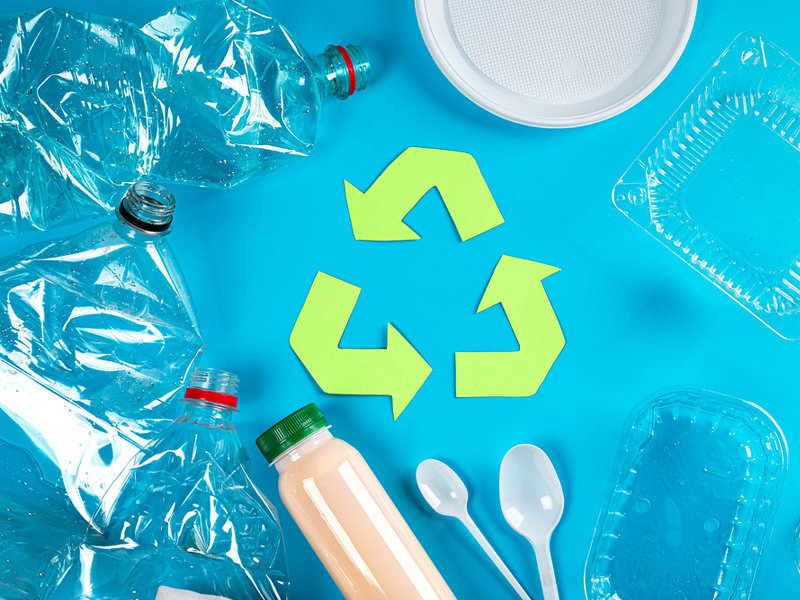
Effects Of Pollution
Millions of animals are killed by plastics every year, from birds to fish to other marine organisms. Nearly 700 species, including endangered ones, are known to have been affected by plastics. Nearly every species of seabird eats plastics. Most of the deaths to animals are caused by entanglement or starvation
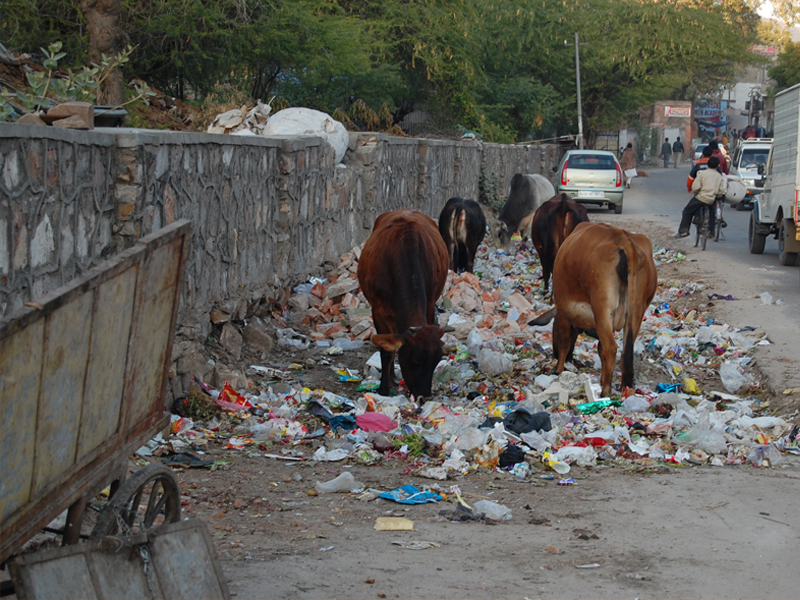
Reduce Plastic Waste
Why do we need to reduce plastic waste? Recycling plastic not only requires large amounts of energy but also uses large quantities of water. While getting rid of plastic waste is the primary environmental problem, the production process is a leading cause of carbon emissions contributing to global warming.
Riverine and Marine Pollution
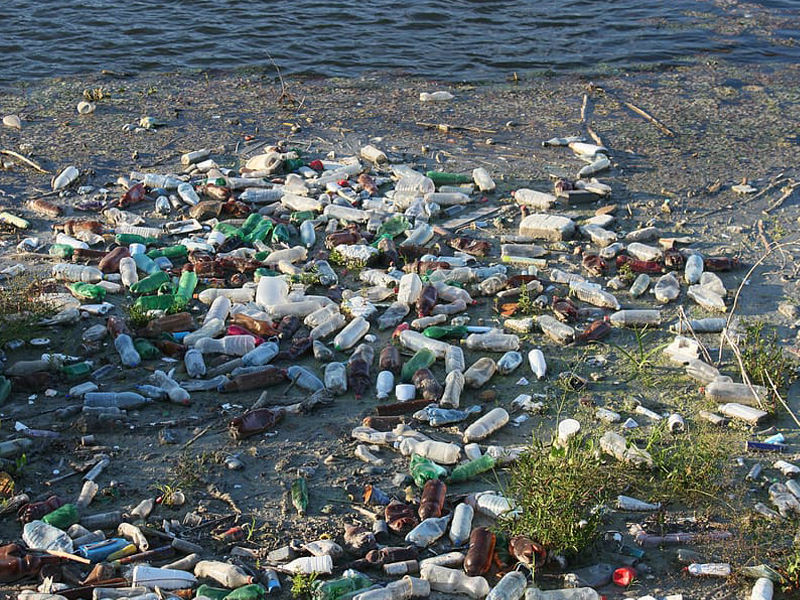
Marine Pollution
Marine pollution is a combination of chemicals and trash, most of which comes from land sources and is washed or blown into the ocean. This pollution results in damage to the environment, to the health of all organisms, and to economic structures worldwide
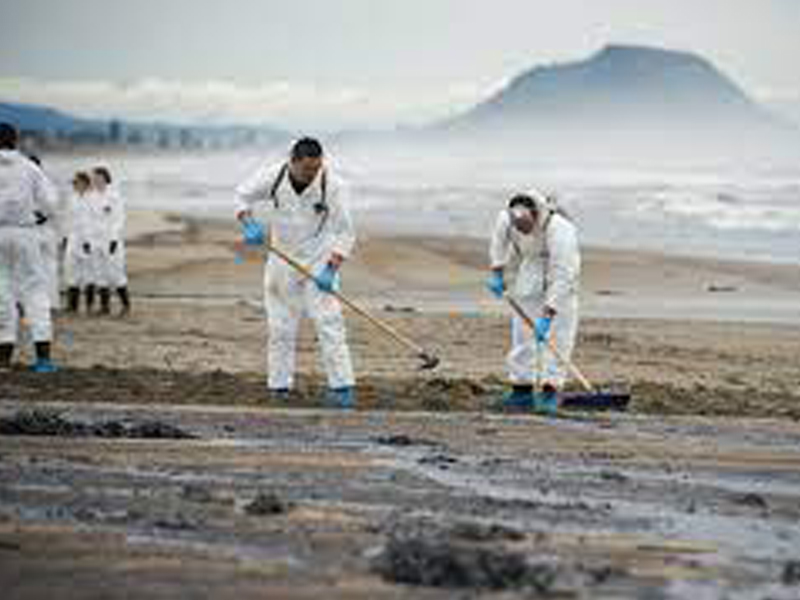
Main Reasons
Most ocean pollution begins on land.Much of this runoff flows to the sea, carrying with it agricultural fertilizers and pesticides. Eighty percent of pollution to the marine environment comes from the land. One of the biggest sources is called nonpoint source pollution, which occurs as a result of runoff
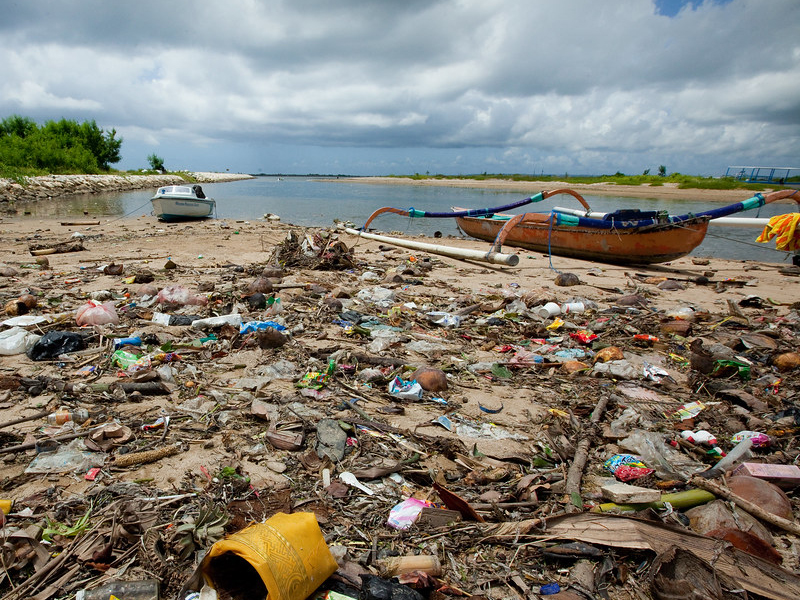
Preventing Measures
Protect Beaches and Marine Life.Eat local sustainable seafood and avoid imported seafood. Don’t buy jewelry or other items made from coral, tortoise shells, or other marine life. Volunteer to clean-up an area of beach if you live nearby.
Dumping Sites
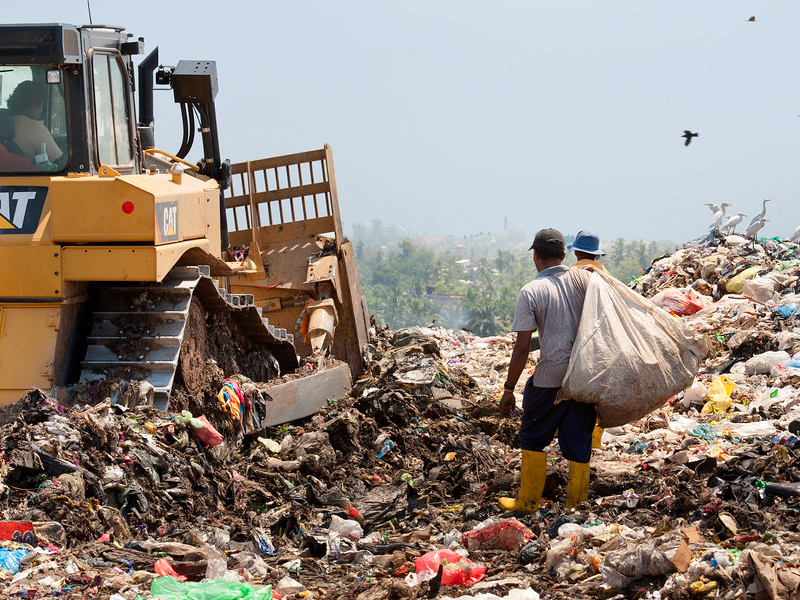
Dumping Sites Pollution
Landfills emit landfill gas that consists mostly of methane and carbon dioxide, with small amounts of volatile organic compounds from the bacterial decomposition of organic materials. Methane and carbon dioxide are both greenhouse gases, and methane is toxic and explosive in large concentrations.
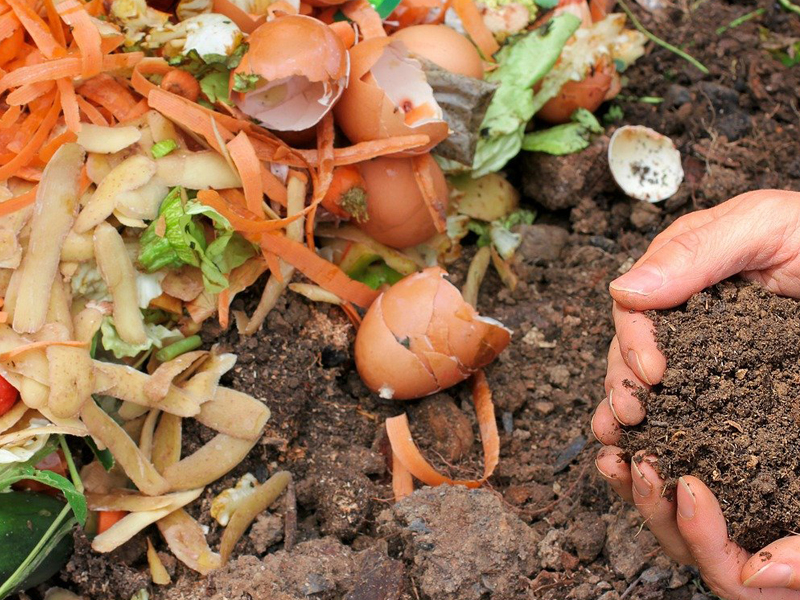
Dangernous of Dump
Open dumps, typically located on the fringes of urban areas, are the primary destination for that trash. This leads to a variety of potential hazards, including water pollution, loss of biodiversity, increased greenhouse-gas emissions, and the spread of mosquito-borne illnesses such as malaria.

Composting
Composting is a well-recognized alternative to disposing waste in landfills. This environmentally-friendly process allows biological waste to naturally decompose into fertilizer for plants, due to the presence of microorganisms and oxygen. Composting is such a simple process that many people can do it right in their backyards to reduce household waste.
Toxic Waste
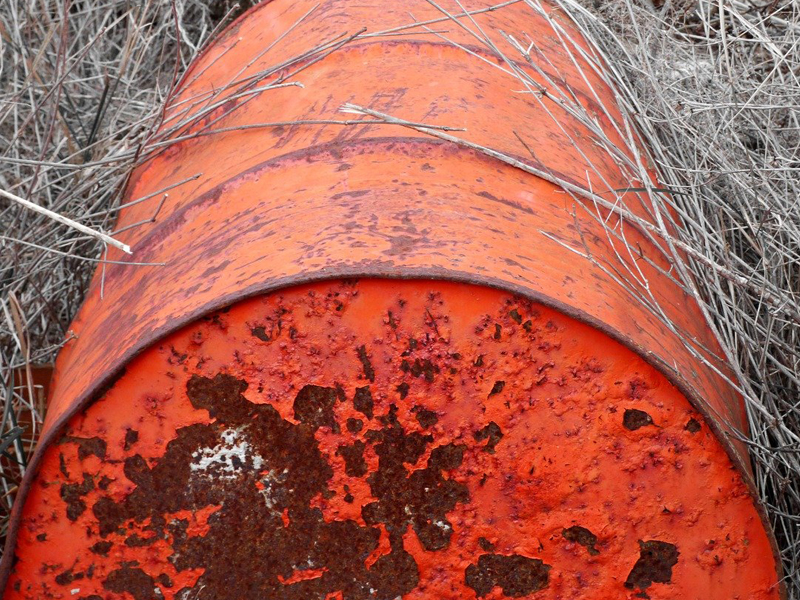
What is Toxic waste
Toxic waste is any unwanted material in all forms that can cause harm (e.g. by being inhaled, swallowed, or absorbed through the skin). Many of today’s household products such as televisions, computers and phones contain toxic chemicals that can pollute the air and contaminate soil and water.

Effect Of Toxic Waste
Toxic wastes often contain carcinogens, and exposure to these by some route, such as leakage or evaporation from the storage, causes cancer to appear at increased frequency in exposed individuals.Studies shows that Toxic waste is more harmful than the Landfill waste
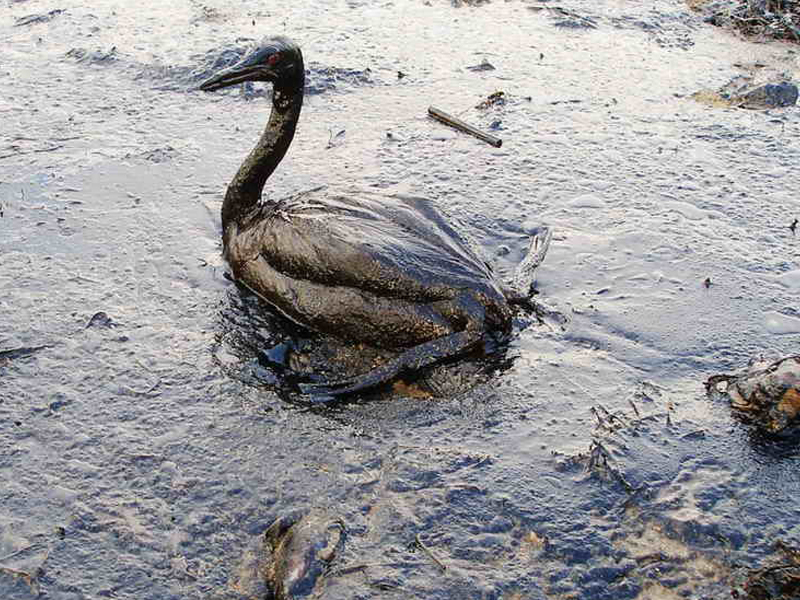
Preventing Measures
Reduce the amount of hazardous products when you buying.Using less hazardous products if you can.Reusing products. Recycle whenever possible.Always properly dispose of hazardous waste.Many hazardous products have disposal guidelines on the label. That’s one reason why you should keep the products in their original containers.
